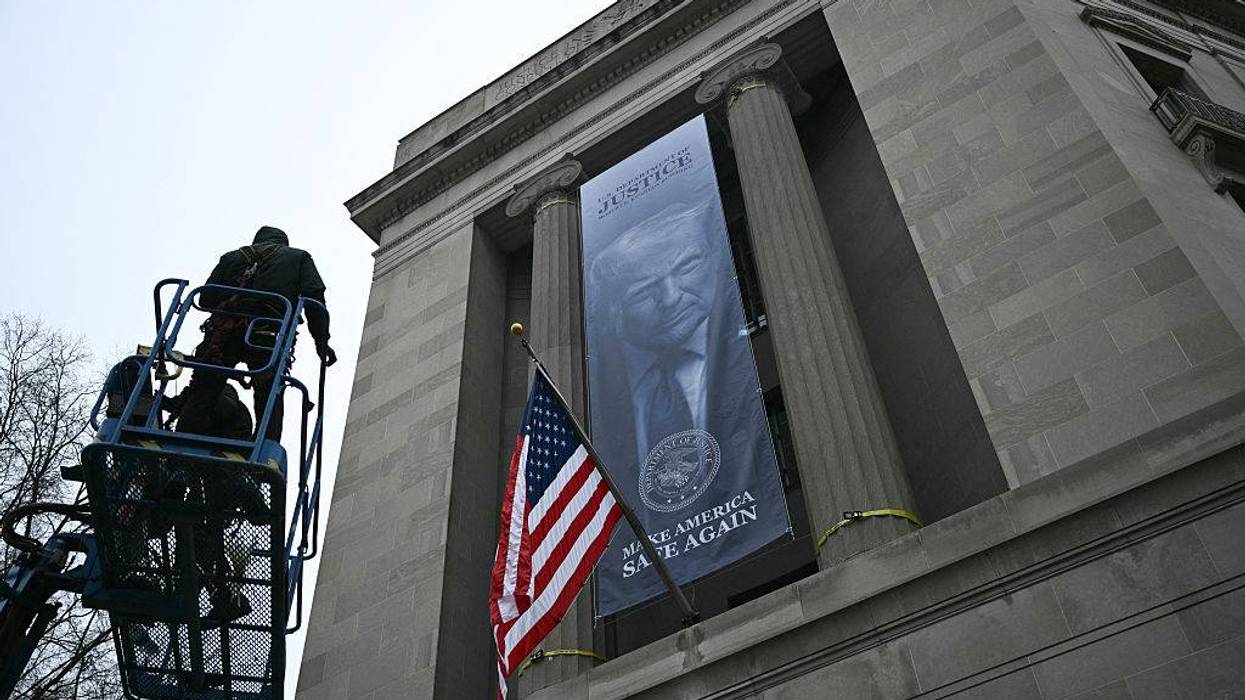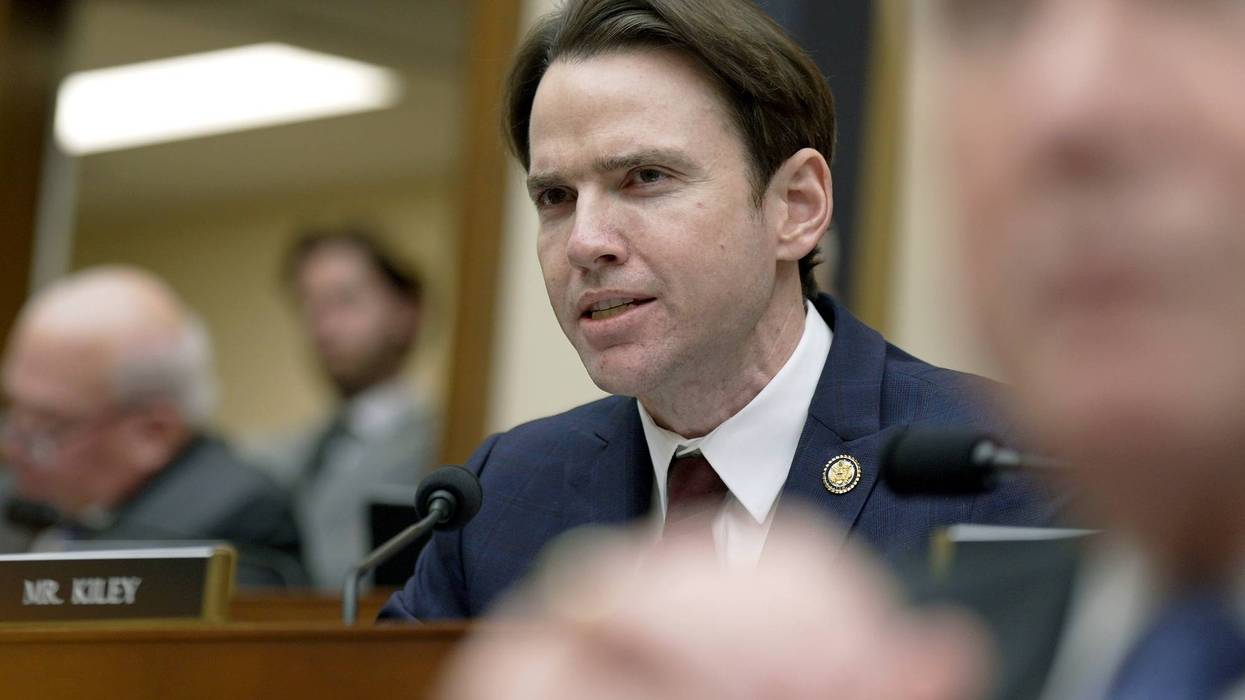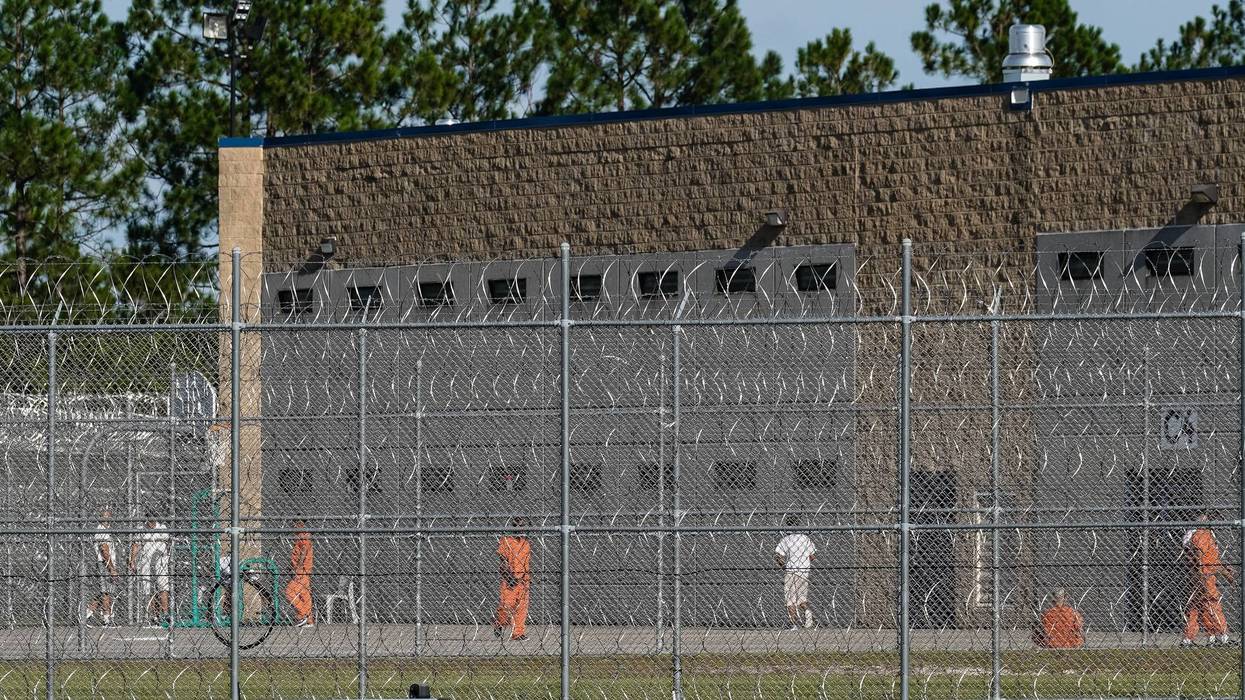Bahrain's security forces used live ammunition at close range and targeted peaceful protestor's heads, chests and abdomens during the deadly February crackdown on protests at Pearl Roundabout, according to a new report issued today by Amnesty International. An American doctor examined wounded individuals and interviewed hospital and mortuary staff and eyewitnesses in Bahrain and found "disturbing, even damning, evidence" of excessive force by police and soldiers against protesters and medical workers trying to treat the wounded.
In addition, Amnesty International identified American ammunition collected in the aftermath of the raid on Feb. 17, including U.S.-made tear gas canisters and 37 mm rubber multi-baton rounds, in addition to French-made tear gas grenades, and French-made rubber "dispersion" grenades. Riot police and soldiers fatally shot seven people between February 14-17.
At least 10 countries including the United States supplied or licensed exports of weaponry, munitions and other related equipment to Bahrain. The U.K. government revoked some licences for arms exports to Bahrain after the violence, and the French authorities have suspended the export of security equipment to Bahrain.
Amnesty International is calling for all countries including the United States to immediately suspend the supply of weaponry and munitions to Bahrain that could be used to commit further human rights abuses, with protesters still camped out in central Manama and sporadic clashes reported between members of the Gulf state's Sunni and Shi'a Muslim communities.
The new report, Bloodied but Unbowed: Unwarranted State Violence Against Bahraini Protesters, documents how security forces used live ammunition and extreme force against protesters without warning and impeded and assaulted medical staff trying to help the wounded.
The report is based on first-hand testimonies given to an Amnesty International fact-finding team in Bahrain that included Dr. Hani Mowafi, who specializes in emergency care and public health, and is affiliated with Boston Medical Center, the Boston University Department of Emergency Medicine and the Harvard University Humanitarian Initiative.
He found a pattern of fatal and serious injuries showing that the security forces used live ammunition at close range, and apparently targeted protester's heads, chests and abdomens.
The worst violence took place early on the morning of February 17, when five people were killed. Witnesses told Amnesty International that tanks blocked access to the Pearl Roundabout as police used shotguns as well as tear gas, batons and rubber bullets to disperse protesters, many of whom were camping there.
They also fired medium-to-large calibre bullets from high-powered weapons on February 18.
Amnesty International is demanding a full and independent investigation of the actions of the security forces.
"Those responsible for ordering and unleashing lethal force against peaceful protesters must be identified and held to account," said Malcolm Smart, Amnesty International's director for the Middle East and North Africa. "The authorities must exercise proper control over the security forces and uphold and protect the rights to freedom of expression, association and assembly, including the right to peaceful protest," said Malcolm Smart.
International standards prohibit excessive use of force that is disproportionate to the threat posed or the objective to be achieved.
One witness told Amnesty International that riot police were shooting from different angles, including from a bridge over the roundabout, while protesters desperately ran for cover.
Among the injured were people clearly identifiable as medical workers, who were targeted by police while trying to help wounded protesters at or near the roundabout.
Dr. Sadeq al-'Ekri, a surgeon, who set up a mobile clinic at the roundabout, told Amnesty International that police stopped him, tied his hands behind his back, pulled his trousers down and punched and beat him with sticks, including his genitals.
He suffered a broken nose, an injured left eye, suspected fractured ribs and other bruises. "These physical injuries will disappear but the psychological damage will not," he said. "I didn't believe that this would happen in Bahrain."
On March 3, Bahrain's Minister of Social Development, visiting London, told Amnesty International that the Bahraini government was holding an investigation into the killings that will report directly to the King, and that two members of the security forces had been taken into custody.
Amnesty International is also calling for victims of violence by the security forces to receive reparation.
Background
Amnesty International conducted a fact-finding mission to Bahrain between February 20-26. The delegation included two Amnesty International researchers and the U.S. medical doctor specializing in emergency care and public health. The delegation interviewed witnesses to the violent events of mid-February, victims and their relatives, and hospital and mortuary staff. They also met government officials and human rights activists.





